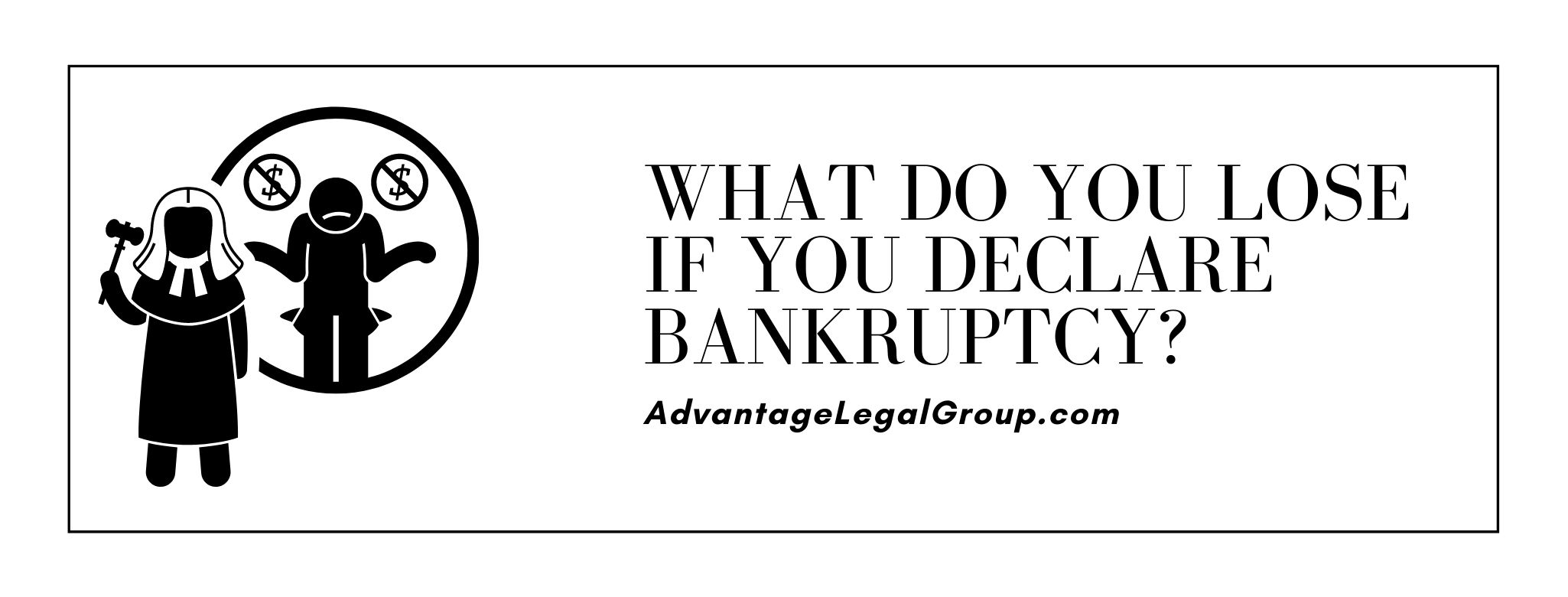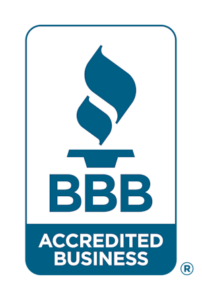
If you are reading this, you probably know what it means to claim bankruptcy and is looking to find consequences. On the flip side, there is you who sauntered onto this article unbeknownst of what ‘bankruptcy’ means. I will keep you both in mind through this. Shall we?
Bankruptcy is the legal process that involves a person or business who cannot settle its debts. In this process, the debtor states his or her financial state. Afterward, the assets owned by the claimant is valued in view of offsetting a portion of the debt.
More: The Difference between Chapter 7 and Chapter 13
There are different reasons why people file for bankruptcy—job loss, bad business deal, a divorce, a medical emergency, government policy or death of a loved one. Depending on which, the type of bankruptcy commensurable is filed. This brings us to the types of bankruptcy that exist. They are:
- Chapter 7: Liquidation
- Chapter 13: Repayment Plan
- Chapter 11: Large Reorganization
- Chapter 12: Family Farmers
- Chapter 15: Used in Foreign Cases
- Chapter 9: Municipalities
In all the above listed, one thing that is common is that bankruptcy of any kind, can give you a chance to get your finances in order. Although it also has negative consequences that can affect your assets and make it somewhat impossible to secure certain opportunities in future. These opportunities are what we will be looking at below:
- Your asset gets liquidated: By this, all your valuable belongings is estimated in order to pay off your debt.
- You get a payment plan: This may sound like an aid, but it is more detrimental if any part of the structured payment plan is flouted.
- Bankruptcy is indelible: Once filed and is stored in the system, it never goes away. This can affect a loan in future, a new business venture, even a job opportunity.
- Trust: You lose trust when you file for bankruptcy. The trust is severed from people referencing your past mistakes or misfortunes to your present effort to take another swing at life.
- You can lose your assets: When you miss your bankruptcy payments, this can mean that your assets will be taken from you. In view of this, those who stop making payments may lose all exempted property, including houses, cars, and any other secured asset.
- It is expensive: The process of filing for bankruptcy ironically involves you spending more money. Depending on your state or country, a fixed fee is paid to file firstly. Then all the legal proceedings thereafter can deepen the hole in one’s pocket.
In conclusion, bankruptcy serves its purpose but it is mostly a last resort for individuals and businesses alike. Understanding the types of bankruptcy can aid your decision. While knowing the consequences attached can help you make an informed decision. Do your research about filing for bankruptcy in your residence. Possibly seek professional advice from the experts in this field. The aforementioned can help you make a more informed decision.
CONTACT US NOW
More Advice for Homeowners:
- Is Bankruptcy Right for You?
- What if I Need Mortgage Forbearance?
- How Far Behind Do I Have To Be to Quality for Forbearance?
- Preventing Bankruptcies
- Will Bankruptcy Mean I Have to Give up My House?
- How Quickly Can I Recover from a Bankruptcy?
- Are All Debts Forgiven in Bankruptcy?
- How Do I Start a Bankruptcy?
- 4 Ways COVID Changed Real Estate





